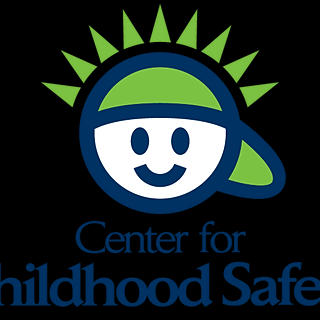Center for Childhood Safety Launches Buckle Up for Life to Keep Child Passengers Safe
- info4861550
- Oct 4, 2017
- 2 min read
What if there was a way to prevent a leading cause of childhood death, but three out of four of us were doing it wrong? The startling truth is that 75 percent of car seats in the U.S. are not used correctly. Today, the Center for Childhood Safety (CCS) announced the launch of Buckle Up for Life, the national car seat education program from Toyota and Cincinnati Children’s. Over the next several weeks, CCS staff will work closely with families and caregivers at Casa Alba and Encompass to educate them about all aspects of car seats, booster seats, and seat belts. Families in need will receive free car seats provided by Buckle Up for Life, and will work with Green Bay area certified child passenger safety technicians to learn how to install them properly. “Child passenger safety is one of the Center for Childhood Safety’s main areas of expertise, and we work with families on car seat education and installation regularly on-site,” says Kimberly Hess, Executive Director, Center for Childhood Safety. “However, this grant takes our impact a step further and allows us to go into the community, use a proven curriculum, and provide free seats to those in need.” “An alarming three out of four car seats are not installed properly. We can and must do better for our children,” said Gloria Del Castillo, child passenger safety expert at Cincinnati Children’s and specialist of community engagement for Buckle Up for Life. “We know that proper use of car seats and booster seats can help prevent many child injuries and deaths. That’s why we are so excited to partner with the Center for Childhood Safety to teach parents, caregivers, and children in Green Bay about the proper use of car seats and provide free seats to families in need.” Buckle Up for Life was created by Toyota and Cincinnati Children’s in 2004. In one city alone, the program nearly tripled the use of proper car seats among participating families. Community organizations that have offered the program say they have observed a marked improvement in participants’ auto safety behaviors, including: • The average rate of children unrestrained in cars decreased from one in four to fewer than one in 20; • The average rate of children in car seats increased from roughly one in four to one in two; and
• The use of seat belts by adults increased by an average of 13 percent, from 68 percent to 81 percent. For more information about this partnership, or for general childhood safety information, please call the Center for Childhood Safety at 920-272-0110 or visit www.ccsgb.org.



Comments